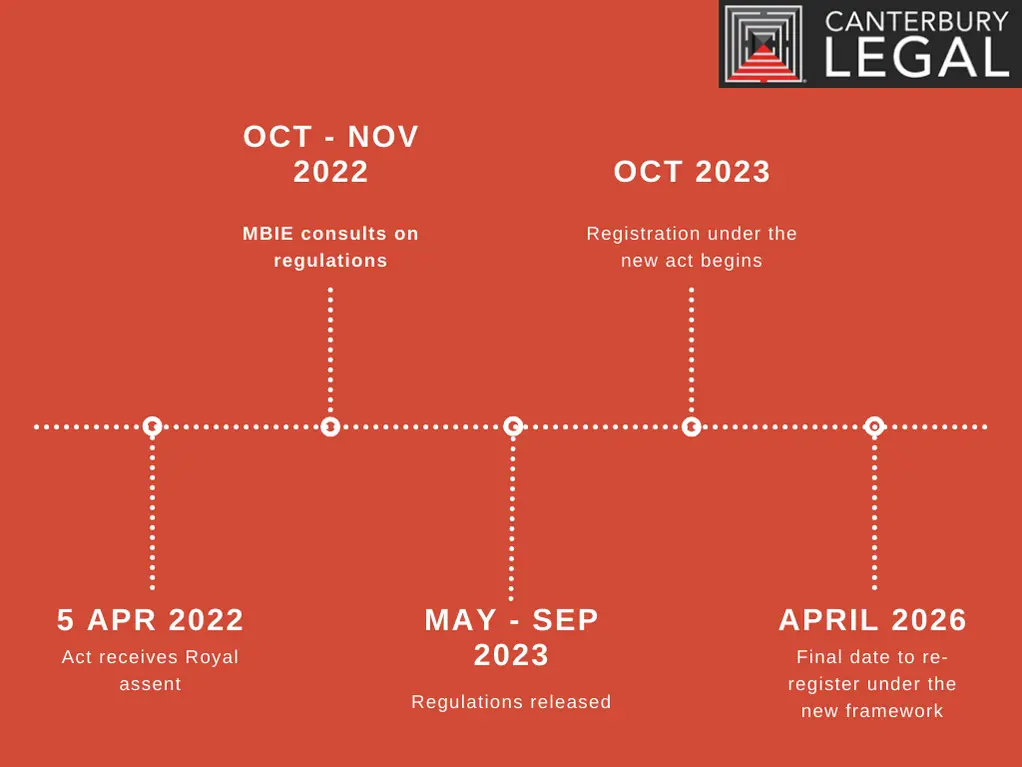Alert Message
You may have heard mention of it in the media, through posts we have made online, or even within the incorporated society you are part of. Change is here, and it is the most substantial change for the way incorporated societies operate in New Zealand in over 115 years.
It is best advised to start becoming familiar with these changes earlier rather than later and importantly, do not leave it too late to update your incorporated society. Or even worse, forget to update it entirely!
The previous Act governing incorporated societies was in place from 1908. At that time it was innovative - yet it was also put in place prior to the Titanic, so as you can appreciate, the world and the legislation requirements that go alongside have changed quite significantly since.
These changes to legislation for incorporated societies are well and truly overdue!
In summary, the changes have been introduced to create stronger and more approachable governance frameworks for incorporated societies. The new act also provides more clarity on duties, standards and requirements for those that are responsible for running them.
There are currently over 24,000+ incorporated societies in New Zealand, with all incorporated societies being impacted by these changes. We have outlined the key steps below for what each incorporated society needs to do, in addition to the timeframe this is required to be completed by.
What is key to note here, is that your incorporated society must re-register with the new changes applied by no later than April 2026.

Incorporated society members will be given greater rights and responsibilities than prior. One of the key principles is that “members of a society have the primary responsibility of holding the society to account”. This essentially means members are given certain rights and powers such as those outlined below.
The Canterbury Legal team can help you understand what you might need to do to meet the new Act’s requirements, and start a plan to get there.
Get in touch for an obligation free chat
1. If I have until April 2026, isn’t this plenty of time to organise?
While it may not feel like an initial priority for many incorporated societies. The reality is that these changes can only be adopted during an AGM. This means that depending on when your incorporated society last had its AGM, you may only have only one or even two AGM’s left to have this completed by!
The reality is that there are still many New Zealand incorporated societies that are still yet to fulfill the requirements of this new legislation. This is likely to lead to a substantial bottleneck as everyone looks to adopt these new requirements before time runs out.
2. What happens if I do not do this in time?
Unfortunately if you do not complete the requirements within the timeframe, you will be struck off the register as an incorporated society. This would of course be far from desirable if you need to continue operating as an incorporated society.
3. Do I have to re-register my incorporated society with new legislation?
Not necessarily! If you have decided that an incorporated society is no longer the correct definition, or things have changed for your structure, you can look at adopting a different structure such as a charity.

